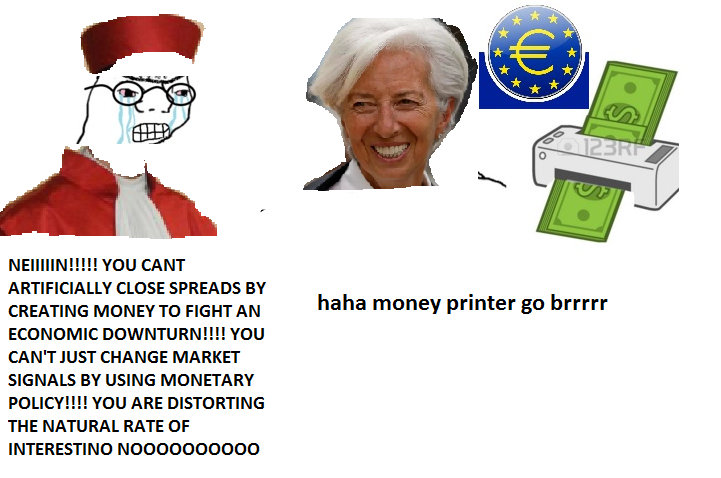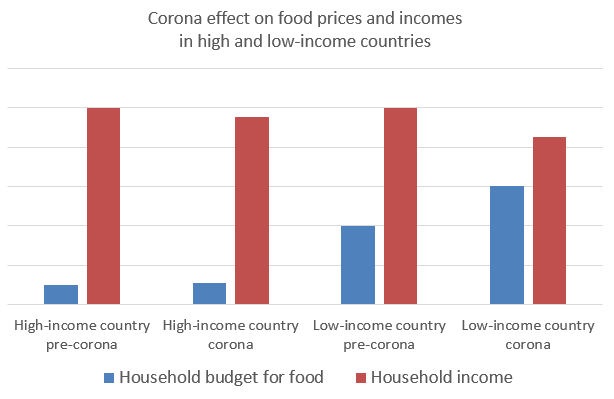Dit is een update van mijn coronaplan. De trage Belgische aanpak heeft het voordeel dat we kunnen leren van buitenlandse voorbeelden.
Deze versie van het plan heeft bovendien aandacht voor lokale besturen en verenigingen. Ook zij zullen immers inkomsten verliezen door de crisis.
Steun aan vennootschappen
De (federale) regering betaalt 90% van de kosten opgelopen tijdens de corona-lockdown, evenredig met het omzetverlies en beperkt tot de belastingen die het bedrijf de voorbije 3 jaar betaalde. Bedrijven die steun krijgen, mogen de komende 3 jaar geen geld uitkeren aan aandeelhouders. Eventueel kunnen ook eisen gesteld worden op het vlak van tewerkstelling. Financiële bedrijven zoals investeringsmaatschappijen en banken worden uitgesloten.
Kosten omvatten onder andere huur, rente, verzekeringen, afschrijvingen en lokale belastingen. Geen personeelskosten, aangezien die al gedekt worden door het stelsel van tijdelijke werkloosheid.
Voordelen:
- staatssteun herstelt bedrijfskapitaal en laat toe leningen af te lossen
- ondernemers die zich aanpassen en nieuwe producten ontwikkelen, worden niet gestraft
- steun is een functie van de duurtijd van de lockdown. Die lockdown hangt af van de sector (korter voor fabrieken, langer voor horeca en evenementen)
- steun koppelen aan betaalde belastingen is eerlijk: ook Frankrijk, Denemarken en Polen geven geen hulp aan bedrijven in belastingparadijzen (zie ook het geval van ‘Britse’ startups die elders geregistreerd zijn maar wel in het V.K. komen bedelen om staatssteun)
- steun koppelen aan betaalde belastingen is ook efficiënt: verlieslatende bedrijven met een lage productiviteit zullen geen vennootschapsbelasting betaald hebben en weinig btw. We willen geen ‘zombiebedrijven’ redden
- duidelijke regels vermijden lobbywerk op bedrijfs- of sectorniveau (bijvoorbeeld à la carte steun voor Brussels Airlines of een btw-verlaging enkel voor de horeca), waarbij veel andere bedrijven uit de boot vallen
Voor bedrijven die minder dan 3 jaar actief zijn, kan gedacht worden aan een belastingkrediet.
Steun aan lokale besturen
De (gemeentelijke opcentiemen op de) verkeersbelasting en onroerende voorheffing zijn weinig conjunctuurgevoelig. De personenbelasting zal echter gevoelig dalen.
Om het tekort op te vangen, kunnen gemeenten personeel ontslaan (zoals in de V.S. gebeurt) of geld lenen. Maar de interest die gemeenten betalen is veel hoger dan die van de federale overheid.
Het lijkt daarom aangewezen dat de bijdrage voor de gemeenten stabiel blijft. Laat de federale overheid een donatie geven die in lijn ligt met het bedrag dat we zouden verwachten zonder corona.
Steun aan verenigingen
Door de coronacrisis kunnen veel verenigingen niet langer geld ophalen. Jeugdverenigingen kunnen geen fuiven organiseren, benefietetentjes zijn niet mogelijk, enz. De Vlaamse regering en/of de gemeenten moeten een regeling uitwerken voor het verenigingsleven. Voor de meeste verenigingen zal het immers niet lukken om later in 2020 nog iets te organiseren.
Wat kan jij doen?
Help dit plan op de politieke agenda te zetten! Schrijf lezersbrieven. Spreek je burgemeester of parlementslid aan. Laten we er met zijn allen voor zorgen dat we de financiële schade van deze crisis zo klein mogelijk houden.


